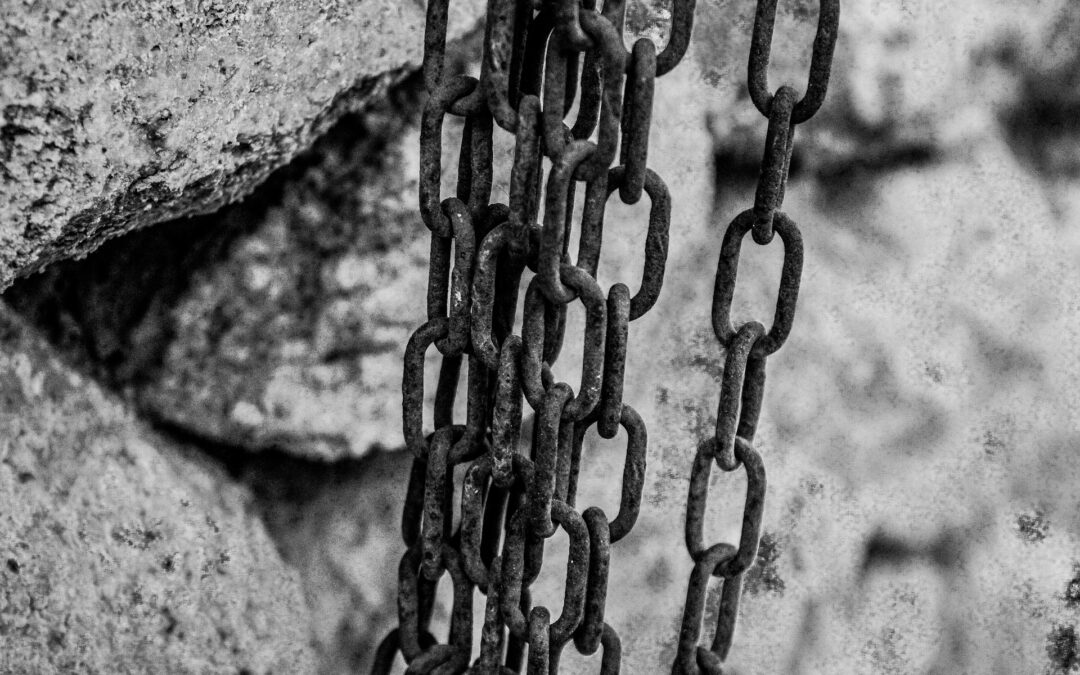European Commission, July 2021
The Commission and the European External Action Service (EEAS) have published a Guidance on due diligence to help EU companies to address the risk of forced labour in their operations and supply chains, in line with international standards. The Guidance will enhance companies’ capacity to eradicate forced labour from their value chains by providing concrete, practical advice on how to identify, prevent, mitigate and address its risk…
The Guidance explains the practical aspects of due diligence and provides an overview of EU and international instruments on responsible business conduct that are relevant for combatting forced labour. The EU has already put in place mandatory standards in some sectors and actively promotes the effective implementation of international standards on responsible business conduct.
EU trade policy already contributes to the abolishment of forced labour through its various instruments. EU trade agreements are unique in including binding commitments to ratify and effectively implement all fundamental ILO Conventions, including those on forced labour. Those conventions include an obligation to suppress the use of forced or compulsory labour in all its forms. This commitment extends to the countries benefitting from the special incentive arrangement for sustainable development and good governance (GSP+) under the EU’s General Scheme of Preferences (GSP). All 71 beneficiary countries of the General Scheme of Preferences are obliged to not commit serious and systematic violations of the principles of the fundamental ILO Conventions…



Recent Comments